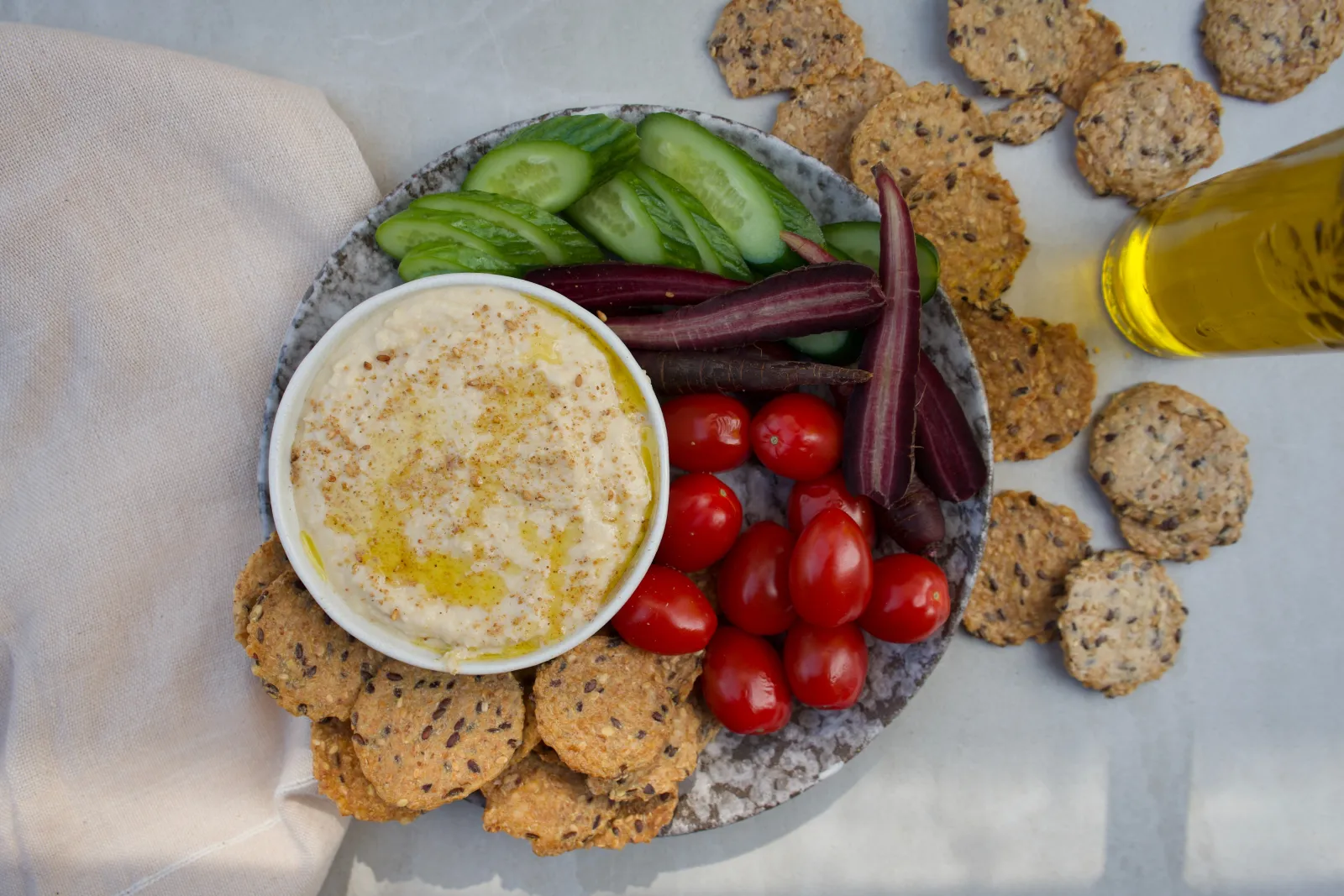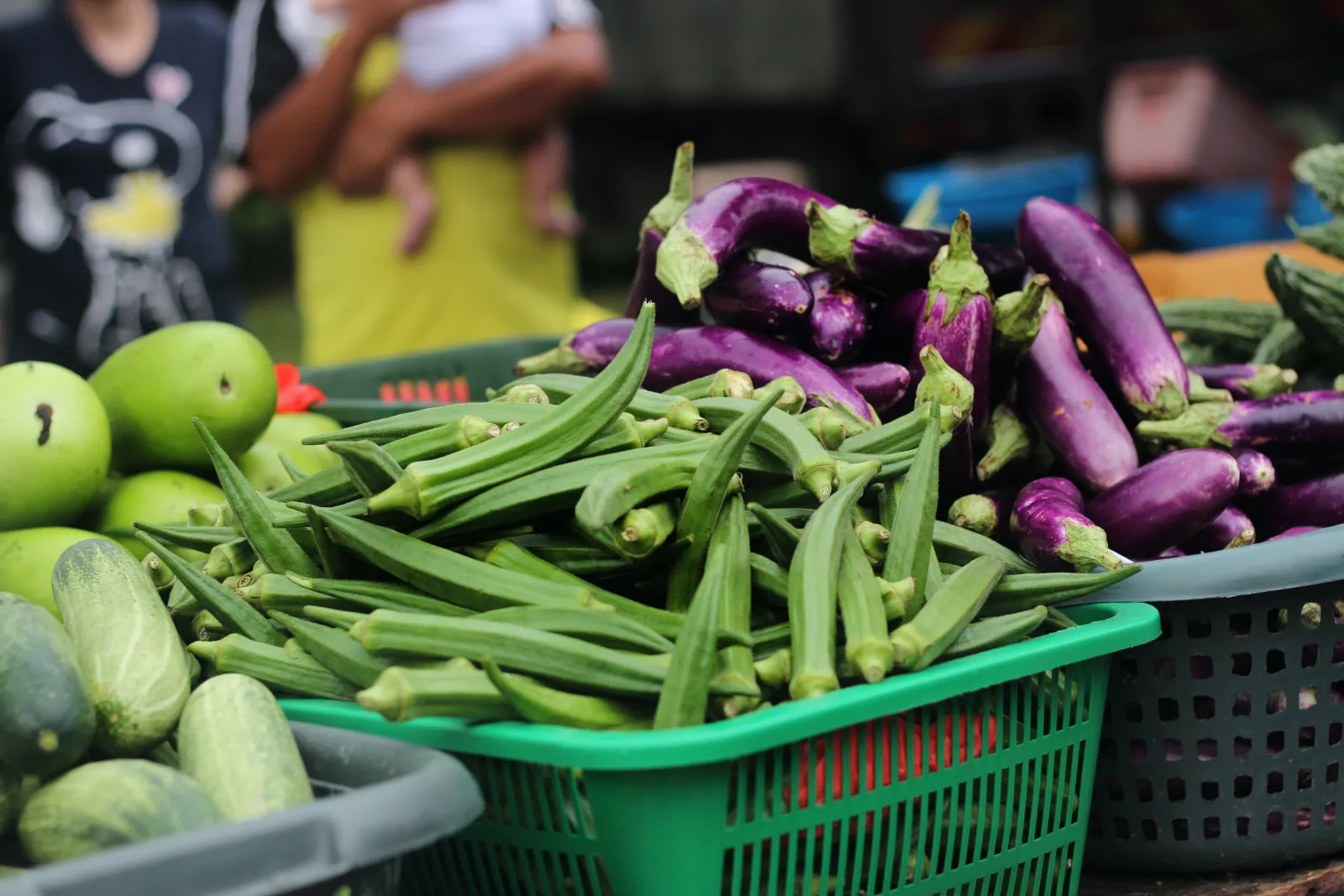Just what the doctor ordered! Foods that encourage healing for our bodies.

Have you ever heard that chicken noodle soup can cure the common cold? Well, believe it or not, this longtime, homemade remedy has merit for both colds and flu. The hearty broth contains vitamins, minerals, and some fat, as well as a little salt to soothe a sore throat.
While the steamy liquid can provide hydration and aid in breathing, the addition of such vegetables like carrots, onions, and celery, which contain vitamins A, C, and other antioxidants, create a melting pot for fighting cold and flu symptoms. So, can the foods you consume help your body to heal?
"Absolutely," Dr. Henry "Trip" Goolsby, III, co-founder and CEO of the Infinite Health Integrative Medicine Center located in Metairie, said. "Some of the first known diseases diagnosed by physicians even back to antiquity resulted from nutritional deficiencies or excesses."
As a best-selling author, Dr. Goolsby cited that a few examples of nutritional deficiency diseases are pernicious anemia (vitamin B12 deficiency), scurvy (vitamin C deficiency), and rickets (vitamin D deficiency).
"A classic example of nutritional excess causing disease is cirrhosis of the liver due to alcohol consumption and diabetes," Dr. Goolsby said, who also co-authored with his wife, LeNae Goolsby, their two books entitled Think and Live Longer: Harnessing the 12 Secret Laws of the Universe for Optimized Health and Life and Success in the New Economy. Dr. Goolsby further stated that "a significant number of other disease processes varying from anemia to diabetes to systemic inflammatory diseases may be caused or aggravated by the consumption of different food groups."
His recommendations of foods to quell inflammation and heal the body include lots of colored vegetables, foods that contain free-fatty acids like seafood and eggs, and high-quality proteins. "High antioxidant-containing berries, nuts, eggs, and essential vitamins are really important for the healing process," Dr. Goolsby said. He indicated that carbohydrates are important as an energy source but excessive consumption may be detrimental by enhancing the inflammatory response.
Molly Kimball, RD, CSSD, a local registered dietitian and founder of Ochsner Eat Fit, agreed that diet can play a major role in both provoking and preventing disease. "The trio of nutrients, proteins, vitamin C, and zinc are key for wound healing," Kimball said. "Probiotics, for example, maintain the health and integrity of our intestines, while keeping inflammation at bay."
In combating inflammation, Kimball suggested foods that you would find in the dairy section. "For anti-inflammatory benefits, you can look at yogurt, kombucha, and unsweetened kefir [all of which are] rich in probiotics," she said. "You could also look at ginger, green, and white tea for healing. In reducing the inflammation in your body, the benefits of these foods can help support the immune system." Kimball prefers matcha green tea, which gives a higher concentration of antioxidants. She noted that gut health is essential in the function of the immune system.
Kimball also emphasized adding protein to your diet to help support your immune system. A few examples of protein for a vegan include Greek yogurt, salmon, beans, vegan burgers, protein, and collagen powder. "There are many ways to get protein or collagen powder into your diet," Kimball said. "You can add it to smoothies, iced or hot coffee."
Kimball stressed these supplements to boost the immune system, such as vitamin D and zinc. "It is wise to get your vitamin D levels checked and talk with your physician and/or pharmacist for your standard dose," Kimball said. "But, the best way to get vitamin D is to go outside and spend 10-15 minutes in direct sunlight where your shadow is shorter than you are."
Foods like oysters, beef, nuts, and beans were listed as sources of zinc, Kimball mentioned. "You can also take zinc lozenges or a multivitamin as a zinc supplement."
More tips from Kimball focus on reducing your sugar consumption, eating a variety of healthy foods, daily exercise, and getting sleep. "Although people do not like to hear this, a common way of compromising our immune system is consuming an excessive amount of alcohol," Kimball said. "Focus on whole foods and grains by eating less stuff from a bag that you open and reach your hand in."
Both Kimball and Dr. Goolsby affirmed that healthy foods are the medicine we give our bodies every day. Whether you are recovering from an illness, an injury, or striving to maintain optimal health, certain foods have the power to help us defend against infections, improve the immune system, and promote healing.

Help yourself to a few of these healing foods:
• Leafy green vegetables (ie. kale, spinach, mustard greens, arugula, etc.) high in vitamin C, manganese, magnesium, folate, provitamin A, and antioxidants.
• Eggs are a significant source of protein (Dr. Goolsby said, "Eggs are a really good source of amino acids, as well as cholesterol to help rebuild damaged tissue").
• Salmon is high in omega-3 fatty acids, protein, B vitamins, zinc, and iron.
• Berries provide a good source of vitamin C and are packed with antioxidants.
• Poultry and organ meats can aid in healing as sustentative protein sources.
• Nuts and seeds (ie. almonds, walnuts, sunflower seeds, hemp, etc.) offer plant-based protein, healthy fats, vitamins, and minerals to support healing.
• Shellfish (ie. oysters, clams, and mussels) are loaded with nutrients like zinc.
• Probiotics (ie. yogurt, kefir, kombucha, tempeh, etc.) support your immune system and keep your digestive system healthy.
Dr. Goolsby concluded with "the inclusion of healing foods into a person's normal daily meals essentially boils down to choice." He continued to say that when contemplating meals, it is helpful to ask, "What do I want?" "Do I want to choose foods that serve my health or that compromise my health?"
"Finally, the tougher question is: what am I willing to give (or give up)?" Dr. Goolsby asked.

